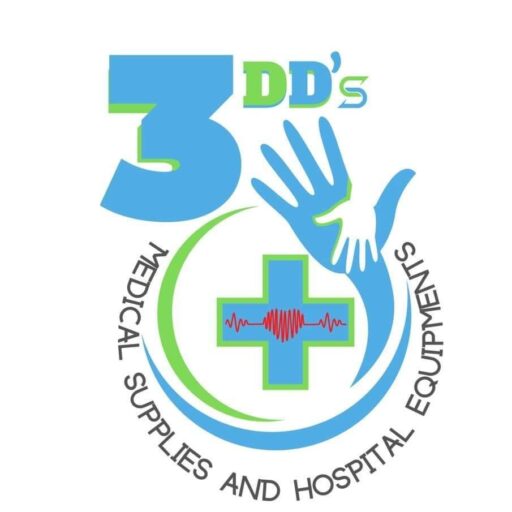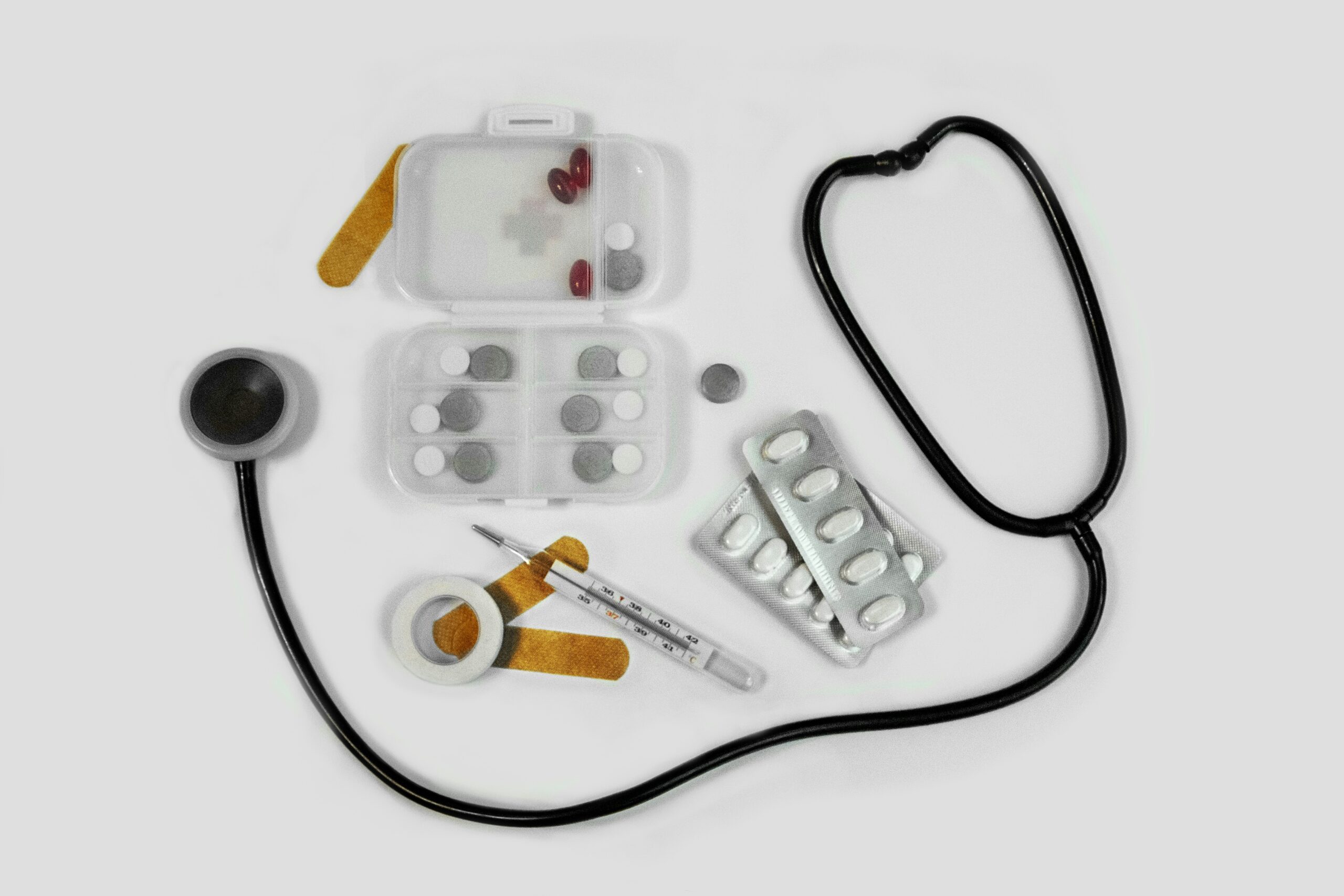The Importance of Quality Medical Supplies and Hospital Equipment
When it comes to healthcare, the quality of medical supplies and hospital equipment plays a crucial role in ensuring the well-being of patients and the effectiveness of medical procedures. Whether it’s a simple bandage or a complex surgical instrument, the quality of these supplies can make a significant difference in patient outcomes and overall healthcare delivery.
Ensuring Patient Safety
One of the primary reasons why quality medical supplies and hospital equipment are essential is patient safety. Medical procedures and treatments rely heavily on the use of various supplies and equipment, and any compromise in their quality can have serious consequences. For example, using low-quality surgical instruments can increase the risk of infections or complications during surgery. Similarly, using substandard bandages or dressings can delay wound healing or lead to infections.
By investing in high-quality medical supplies and equipment, healthcare providers can ensure the safety and well-being of their patients. Quality supplies are manufactured to meet rigorous standards and undergo strict quality control processes to ensure their effectiveness and reliability. They are designed to minimize the risk of contamination, infection, or malfunction, thus reducing potential harm to patients.
Enhancing Diagnostic Accuracy
Accurate diagnosis is the foundation of effective medical treatment. Quality medical supplies and equipment are crucial in facilitating accurate diagnoses and improving patient outcomes. For instance, using reliable and accurate diagnostic tools such as high-quality stethoscopes, blood pressure monitors, and thermometers can help healthcare professionals make accurate assessments of a patient’s condition.
Similarly, using top-notch laboratory equipment and reagents ensures accurate and reliable test results, enabling physicians to make informed decisions about treatment plans. The use of inferior or faulty supplies can lead to misdiagnosis, delayed treatment, or inappropriate interventions, all of which can have serious consequences for patients.
Improving Efficiency and Workflow
Quality medical supplies and hospital equipment not only contribute to patient safety and outcomes but also play a vital role in improving the efficiency of healthcare delivery. When healthcare professionals have access to reliable and high-quality supplies, they can perform their duties more effectively and efficiently.
For example, using high-quality surgical instruments and equipment can streamline surgical procedures, reducing the time required for each operation and improving surgical outcomes. Similarly, having access to reliable and efficient medical devices and equipment, such as infusion pumps or ventilators, can help healthcare providers deliver timely and appropriate care to patients.
Moreover, quality supplies and equipment are designed to be user-friendly and ergonomic, making them easier to handle and reducing the risk of errors or accidents. This not only enhances the workflow but also improves the overall working environment for healthcare professionals.
Ensuring Long-Term Cost Savings
While quality medical supplies and hospital equipment may come with a higher upfront cost, they often result in long-term cost savings. Investing in quality supplies means that they will last longer, reducing the need for frequent replacements. This can significantly reduce operational costs for healthcare facilities in the long run.
Furthermore, quality supplies and equipment are less likely to malfunction or require repairs, minimizing downtime and the associated costs. They also tend to be more efficient and effective, leading to better patient outcomes and reduced healthcare expenses in the long term.
Conclusion
The importance of quality medical supplies and hospital equipment cannot be overstated. From ensuring patient safety to enhancing diagnostic accuracy, improving efficiency, and ensuring long-term cost savings, the quality of these supplies plays a vital role in healthcare delivery. Healthcare providers must prioritize investing in high-quality supplies and equipment to provide the best possible care to their patients.



No responses yet